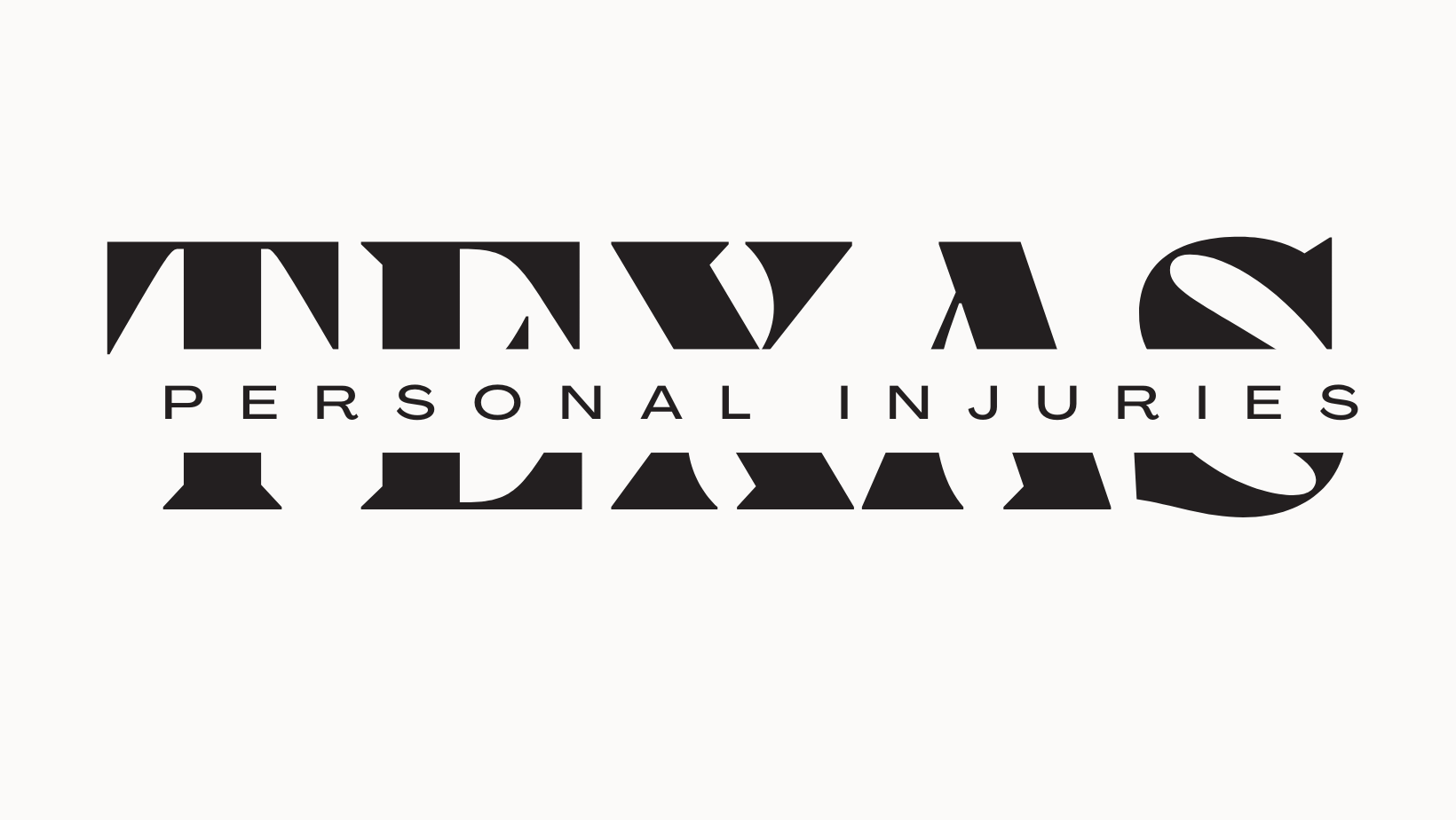Being involved in a personal injury incident can be a life-altering experience, often resulting in significant medical expenses. While pursuing a personal injury settlement can eventually provide compensation for your injuries and related costs, the process can take time, leaving you with mounting medical bills in the interim. Knowing how to manage these bills effectively is crucial to avoid financial strain and ensure that you receive the necessary medical care. In this detailed guide, we’ll explore strategies for handling medical bills while awaiting a personal injury settlement.
- Understand Your Medical Billing Statements
The first step in managing your medical bills is to thoroughly understand your billing statements. Review each bill carefully to ensure that the charges are accurate and correspond to the medical services you received. Look out for any duplicate charges, billing errors, or unauthorized services. If you identify any discrepancies, contact the medical provider’s billing department to address the issues.
- Communicate with Your Healthcare Providers
Open communication with your healthcare providers is essential when dealing with medical bills. Inform them about your personal injury claim and the potential delay in receiving a settlement. Many healthcare providers are willing to work with patients who are awaiting settlement funds and may offer extended payment plans, reduced payment arrangements, or deferred billing options.
- Utilize Health Insurance
If you have health insurance, use it to cover your medical expenses. Health insurance can help reduce your out-of-pocket costs while you wait for your personal injury claim to be resolved. Be sure to provide your health insurance information to all medical providers involved in your care. Keep in mind that your health insurance company may place a lien on your personal injury settlement to recover the costs they covered, but this can be negotiated later.
- Explore Medical Payment (MedPay) Coverage
If you were injured in a motor vehicle accident, check if your auto insurance policy includes Medical Payment (MedPay) coverage. MedPay is designed to cover medical expenses resulting from an accident, regardless of who is at fault. This coverage can help pay for your medical bills while your personal injury claim is being processed. Contact your auto insurance provider to understand the terms and limits of your MedPay coverage.
- Seek Assistance from Personal Injury Protection (PIP)
Personal Injury Protection (PIP) is another form of auto insurance coverage that can help cover medical expenses, lost wages, and other costs related to an accident. PIP is mandatory in some states and optional in others. If you have PIP coverage, it can provide immediate financial relief for your medical bills while you await your personal injury settlement.
- Consider a Medical Lien
In some cases, healthcare providers may agree to treat you on a lien basis. A medical lien is an agreement between you and your healthcare provider that allows you to receive necessary medical treatment with the understanding that the provider will be paid from your future personal injury settlement. This arrangement ensures that you receive the care you need without immediate out-of-pocket expenses. Your personal injury attorney can help negotiate and manage medical liens with your providers.
- Negotiate with Medical Providers and Creditors
Don’t hesitate to negotiate with medical providers and creditors to reduce your medical bills or arrange more manageable payment plans. Many providers are open to negotiation, especially if they understand that you are awaiting a personal injury settlement. Explain your situation and request a reduction in charges, interest-free payment plans, or a temporary hold on collections.
- Consider a Personal Loan or Credit Options
If you have exhausted other options and still face overwhelming medical bills, you may consider taking out a personal loan or using a credit card to cover the costs. While this should be a last resort due to the potential for high-interest rates and additional debt, it can provide temporary financial relief. Be cautious and ensure that you can manage the repayments to avoid further financial strain.
- Stay in Close Contact with Your Personal Injury Attorney
Your personal injury attorney is a valuable resource throughout the claims process. Keep your attorney informed about your medical bills and financial situation. They can negotiate with medical providers on your behalf, facilitate communication with insurance companies, and expedite the settlement process where possible. Your attorney can also help you understand any legal implications of deferring payments or taking out loans against your settlement.
- Stay Organized and Keep Detailed Records
Maintaining detailed records of all medical bills, insurance claims, correspondence with healthcare providers, and payment agreements is crucial. Organize your documents in a way that allows for easy access and reference. This documentation will be essential when negotiating with providers, disputing charges, and finalizing your personal injury settlement.




Leave a Reply